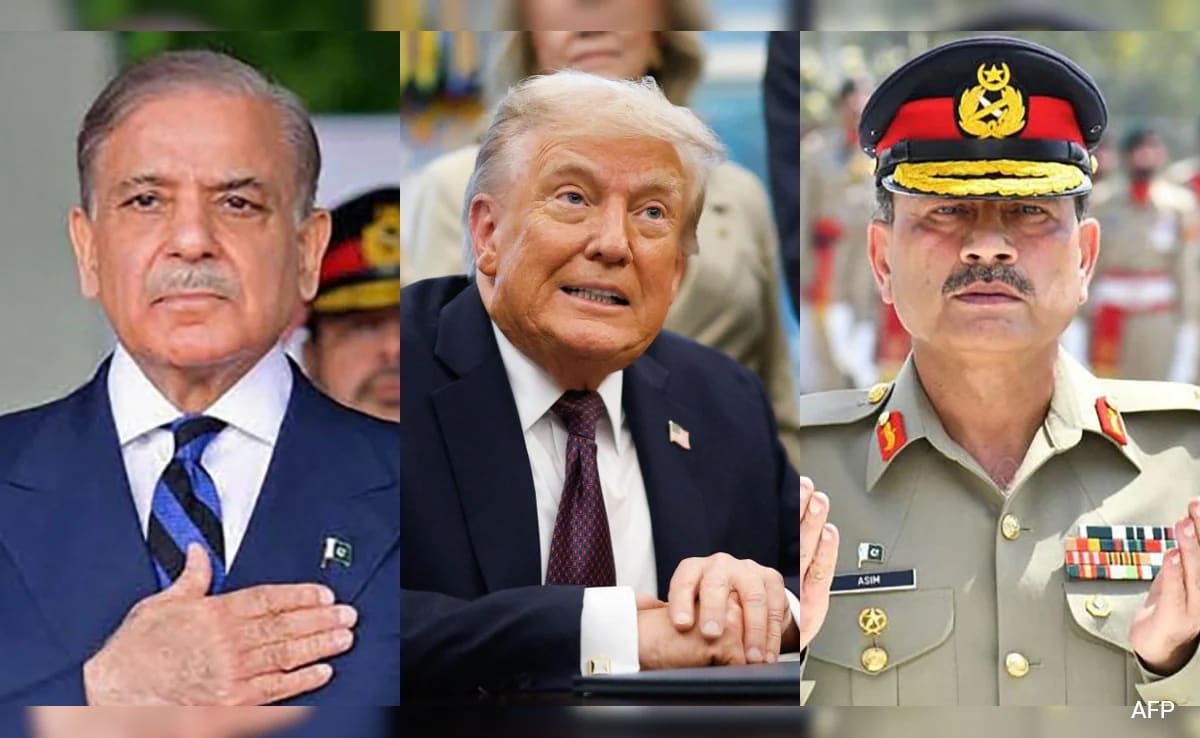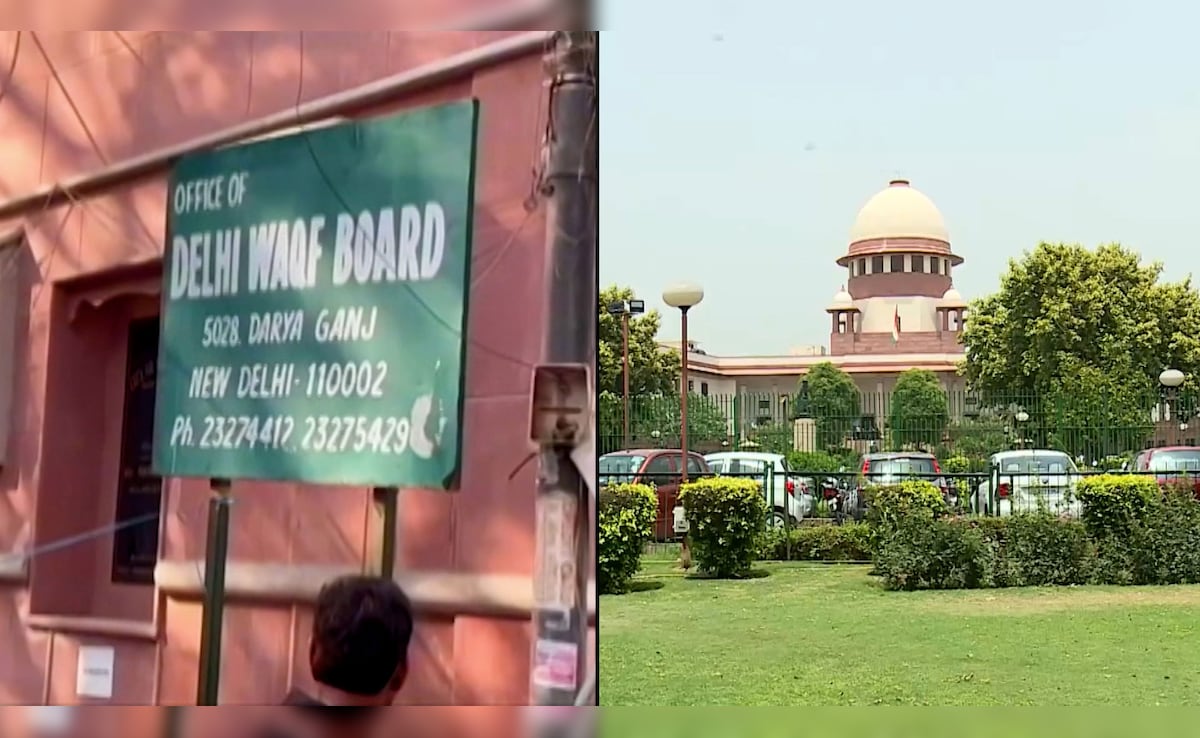The talks are part of a series of meetings between Western and Russian officials this week aimed at cooling tensions over Russia’s massing of troops near Ukraine which has prompted fears President Vladimir Putin is preparing to launch a possible new attack.
The United States — a NATO member — met with Russian officials independently Monday, where American officials said they rebuffed Moscow’s demands. Analysts don’t expect a much different outcome after Wednesday’s discussions.
“I don’t think we can expect that these meetings will solve all issues,” NATO Secretary General Jens Stoltenberg told reporters this week. “What we are hoping for is that we can agree on a way forward, that we can agree on a series of meetings, that we can agree on a process. ”
Officials report that Russia has deployed about 100,000 troops to the Ukrainian border and continues to increase its military presence — even while the United States, NATO and E.U. officials promise severe consequences if Russia invades Ukraine.
Russia denies plans to attack, but Putin has accused NATO of threatening Russian security and warned of a “military-technical” response to any “unfriendly steps.”
U.S. Ambassador to NATO Julianne Smith said Tuesday that in conversations with member states, “it has become crystal clear that not a single ally inside the NATO alliance is willing to budge or negotiate anything as it relates to NATO’s ‘open door’ policy,” which allows any country to join the alliance. Speaking in a call with reporters on Tuesday, Smith said she “cannot imagine any scenario where that is up for discussion.”
Smith said a 2008 Bucharest summit concluded that admitting Ukraine and Georgia to NATO was a question of “not whether but when.” She called Russia’s demands to rule out the alliance’s expansion to those nations and others is a “nonstarter.”
Talks Monday on the crisis between U.S. Deputy Secretary of State Wendy Sherman and Russian Deputy Foreign Minister Sergei Ryabkov, made no progress. Sherman told journalists that she also had rejected Russia’s demand to block NATO entry to Ukraine.
Stoltenberg has said allowing new countries to join NATO is a key principle of the alliance, and he is confident that member countries will not give into demands that would restrict the alliance’s growth or prevent it from protecting its allies in Eastern Europe. Russia has also demanded that NATO agree not to carry out any military activity outside its territory in Eastern Europe, Central Asia, Ukraine, Georgia, Armenia and Azerbaijan — a demand that NATO has similarly said it would not agree to.
While imminent agreements are unlikely, having conversations with Russia is better than not having them, and could ultimately prevent a war, according to Sam A. Greene, director of the Russia Institute at King’s College, London. Greene said no one can predict exactly what Putin’s plans or intentions are and discussions will not be “a quick or easy process.”
“Strategic discussions are better than war, and can achieve better outcomes for everyone than a war. It’s a massive diplomatic undertaking,” Greene said. “Is it possible that those positions will change over time? Yeah that’s why we talk.”
Russian ambassador to Washington, Anatoly Antonov, said the United States should drop its “aggressive rhetoric of foreign expansion” and think instead about how future generations can live together.
He said at Wednesday’s NATO-Russia Council meeting, Moscow wanted “a substantive discussion of the Russian documents that must be adopted as soon as possible in order to stabilize the situation in Europe.”
“We categorically reject provocative statements of American high-ranking officials aimed at torpedoing the negotiation process between Washington and Moscow,” he said.
Russian officials have steadily scaled up pressure over several months, amplifying the sense of crisis through military movements, accusations of Western aggression, claims Kyiv or Washington were planning “provocations” against Russia and warnings that Moscow will not wait long for its demands to be met.
Kremlin spokesman Dmitry Peskov warned Monday that Russia may halt security talks with the United States unless Washington swiftly accepts over its core demands. He said Russia would decide shortly whether there was “any sense” in continuing.
Russia’s grievances hark back to 1997 when NATO began a series of expansions accepting former Warsaw Pact and former Soviet nations.
Putin has singled out the deployment of NATO defensive missiles in Romania and Poland as threatening Russia. Last month Russia released a list of demands for written security guarantees from NATO, including a call for the removal of all NATO military infrastructure installed in Eastern European countries after 1997, effectively attempting to rework the consequences of the Soviet Union’s collapse in 1991, which left Russia weakened for years.
Dixon reported from Belgrade, Serbia. Paul Sonne in Washington contributed to this report.
Read more:
.png)











 English (United States) ·
English (United States) ·  Turkish (Turkey) ·
Turkish (Turkey) ·